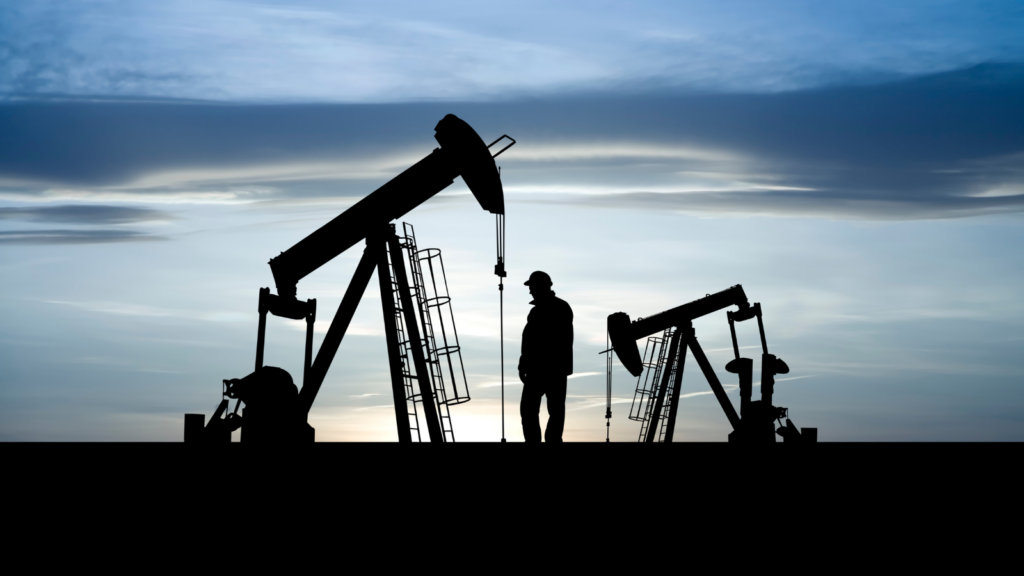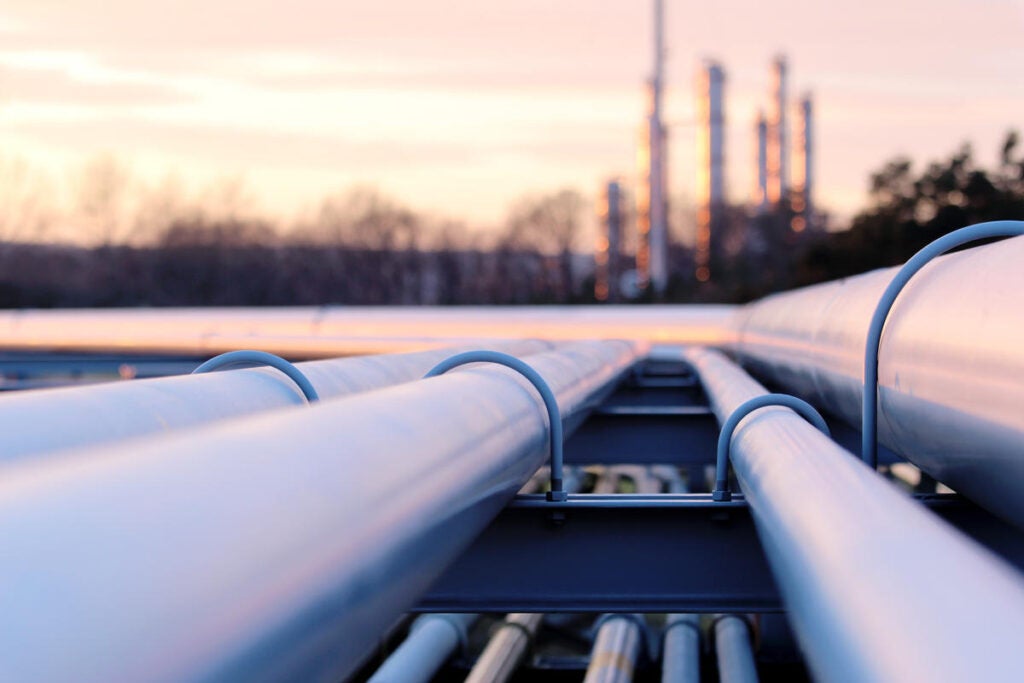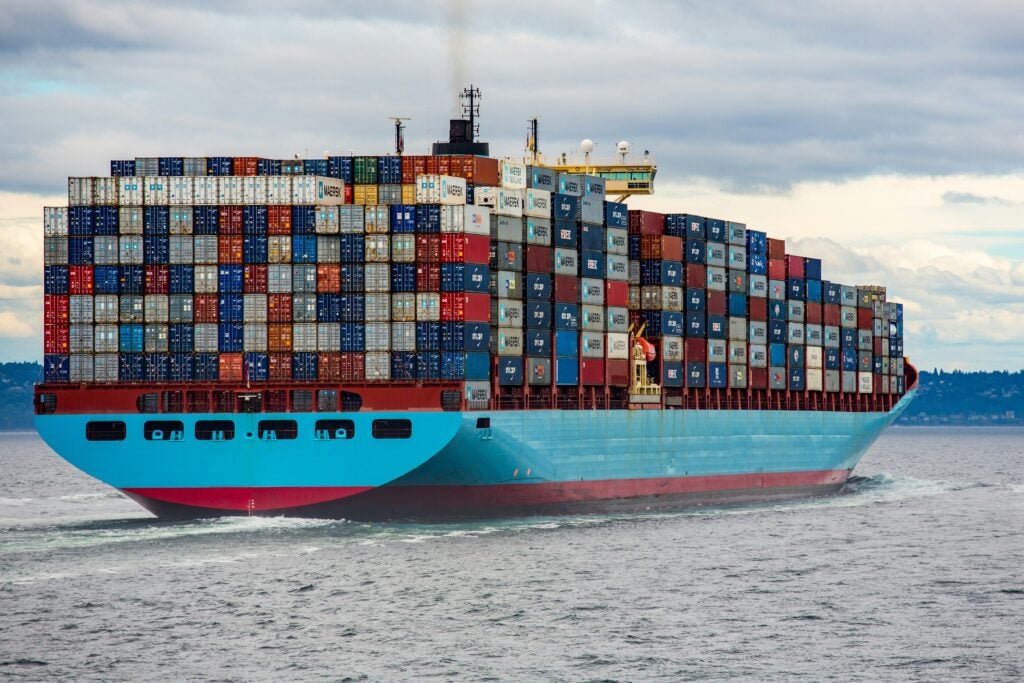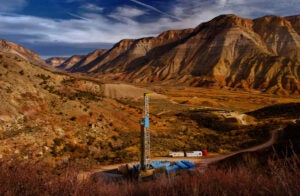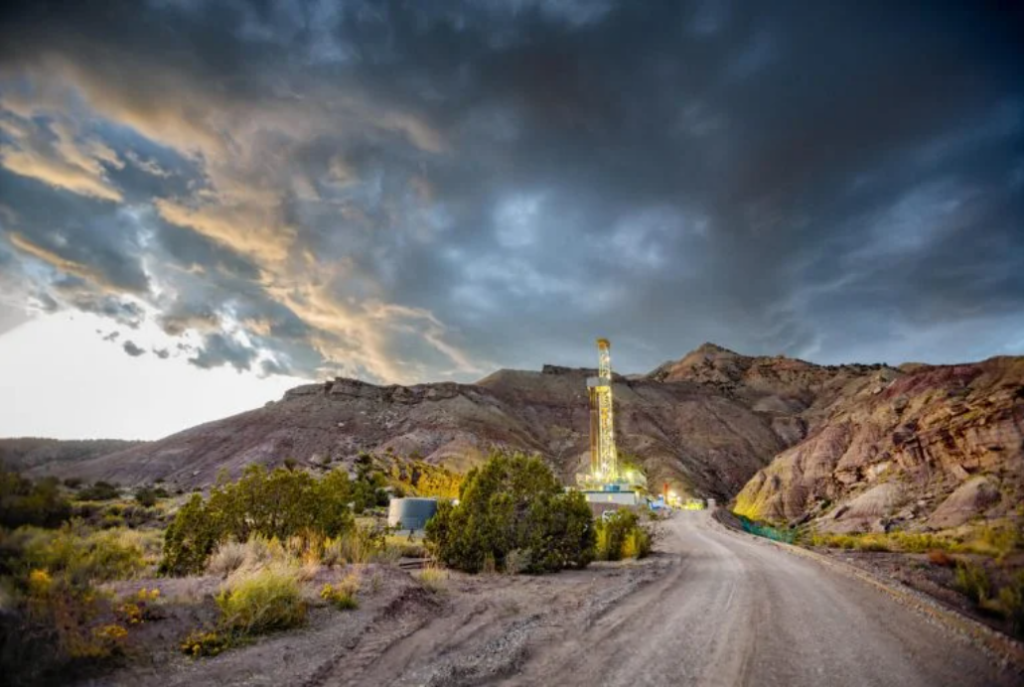The global energy transition continues to accelerate. While challenges remain, the European Union is taking bold steps to lead the way. One of its most important moves: The Methane Regulation — an ambitious, first-of-its-kind framework that positions the EU as a global standard-setter for curbing methane emissions from fossil fuels, including those tied to imports.
Energy Exchange
Clearing the air: The EU’s methane regulation is a climate solution — not a trade pawn
Why hydrogen infrastructure must be designed and built for purpose
By Ilissa Ocko, Senior Climate Scientist, Spark Climate Solutions; and Sofia Esquivel Elizondo, Low Carbon Energy Scientist, EDF
It’s no secret that there are big ambitions for hydrogen as a climate solution. Many champions of proposed hydrogen infrastructure argue that it’s a viable swap to move hydrogen through vast networks of existing natural gas systems. But although there are possibilities to reuse some of the existing natural gas infrastructure for hydrogen, these roles are limited by safety and energetic considerations to a small fraction of the current energy we derive from fossil natural gas; and there are serious engineering concerns around repurposing a system that wasn’t designed for hydrogen.
Charting the course for a cleaner future for shipping: Getting a legally binding price on carbon right for a just energy transition
By Angie Farrag-Thibault and Natacha Stamatiou
A version of this blog ran as an op-ed in Bunkerspot.
The global shipping sector is grappling with ensuring fair, equitable outcomes as it transitions to a more sustainable future in the face of climate change. To reach a goal of net-zero emissions by 2050 and reduce pollution from the sector, Member States at the International Maritime Organization must now — at the 83rd Meeting of the Marine Environment Protection Committee — collectively agree on the parameters of a legally binding price on carbon and other greenhouse gases, as well as a global fuel standard. These measures can incentivize cleaner shipping practices and generate billions of U.S. dollars annually to support the sector’s decarbonization to mitigate climate-related consequences for shipping communities globally.
A Win for Communities: Colorado Strengthens Requirements for Air Quality Monitoring near Oil and Gas Sites
Colorado is increasing air quality monitoring requirements, providing scientific researchers with more consistent data and empowering the communities near oil and gas production seeking information on the hazardous air pollutants that are being emitted.
Last month, Colorado’s Air Quality Control Commission unanimously voted to update and improve air monitoring requirements for the oil and gas sector under Regulation Number 7. This decision will improve data collection and insight into which oil and gas production activities are most frequently releasing air toxics. It’s a victory for Colorado communities and concerned residents living near newly permitted oil and gas operations who will gain transparency about air toxics that are emitted from nearby operations.
The Commission originally adopted continuous emissions monitoring requirements during the early part of development and production back in 2021. This included monitoring air pollutants through various stages: prior to the commencement of construction of a new oil and gas site, throughout pre-production activities (e.g. drilling, hydraulic fracturing), and finally six months into the production phase. Operators were given flexibility in choosing their air monitoring plans, preferred technologies, and reporting.
There was a lot we did not know when the air commission first adopted those pioneering monitoring rules. Thankfully, in the last few years local governments have put in the work and helped us understand where improvements and modernization were needed. In 2024 the Ajax Analytics Data Harmonization Report found serious inconsistencies in data collection methods, sample interval times, and data submission processes. The report highlighted the need for standardized formatting of industry-collected air monitoring data in order to create a robust and reliable database that can inform emissions reductions strategies for the upstream oil and gas sector.
The Air Pollution Control Division recognized this urgent need for standardized data and stepped up to meet the challenge. In recent months leading up to the Regulation 7 hearing, division staff met with numerous stakeholders, including EDF, to determine the best methods to strengthen air monitoring. The Air Division focused on two key improvements: shorter air sampling collection periods and specifically differentiating and analyzing health-harming volatile organic compounds (VOCs).
Reducing the timeframe an air sample is collected (e.g. 1 hour instead of 24 hours) is important to improve our understanding of how particular plumes that contain hazardous air pollutants are connected to specific oil and gas activities. Numerous studies have found that oil and gas plumes come from short-term, sporadic releases, especially during pre-production activities. When air monitoring is conducted with longer sample collection periods, the data does little to help us understand the relationship between specific oil and gas activities and VOC concentrations in order to further reduce air pollution.
By specifically differentiating and analyzing ozone-forming VOCs, we can better determine levels of specific pollutants that pose more significant risks to human health. Previous monitoring strategies that looked at the total, combined VOCs in the air did not produce meaningful data to understand which health-harming VOCs were being emitted.
In the years since the state monitoring program was adopted, local governments have been collecting their own air monitoring data near oil and gas sites. That data has helped inform why improvements and updates were needed to make sure that the state program could achieve its objectives as it was originally designed. The revisions also require better documentation of pad activities, which will provide better comparison data. Colorado has delivered what scientists, community members, and local governments have been requesting.
Good science helps us understand the world around us and the relationship between our current actions and our future results. Good science also requires good data, collected in a consistent manner and organized legibly. Colorado’s air commission clearly recognized this and is empowering scientists to do what we do best. With these world-leading guidelines for data collection, Colorado is advancing our global understanding of emissions and helping us figure out what we can do now to make tomorrow brighter.
The Colorado way delivers with a unanimous vote for a groundbreaking oil and gas methane rule
It’s not limited to Colorado though — other states can and should take note that early collaboration with stakeholders can deliver big wins for the economy and climate.
Blue hydrogen hopes hinge on managing methane emissions
By Beth Trask
This piece was originally published in Hydrogen Insight.
When the global energy industry gathers at CERAWeek in Houston next week, they’ll be reacting to a fast-changing energy landscape. But what hasn’t changed is the global demand for cleaner energy — including clean hydrogen.










